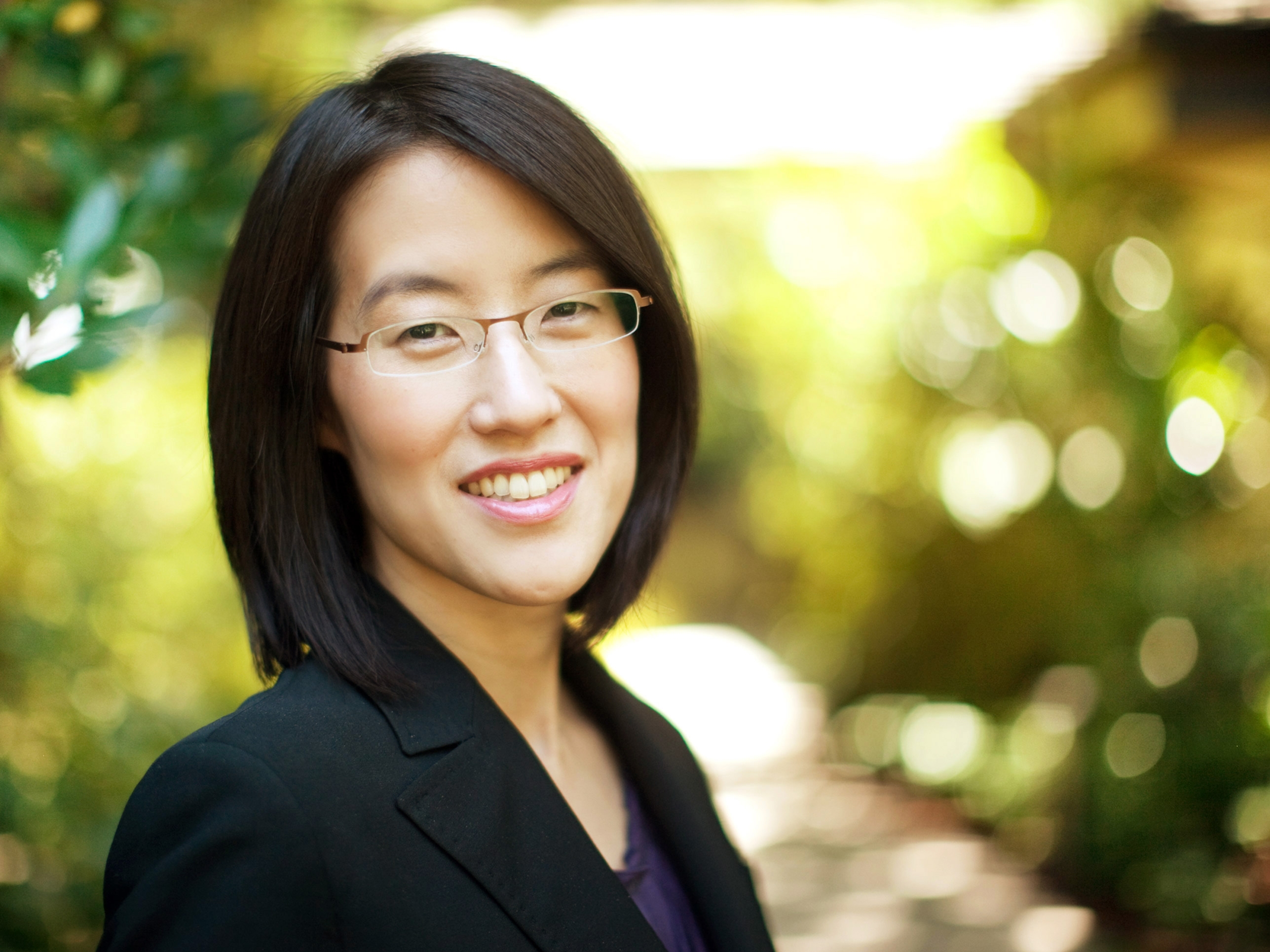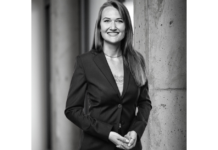VC Magazin: What are the most important global trends that will influence start-up activity in the coming years?
Pao: One of the most important trends will be the access to technology. Everybody is getting easier access to technology at lower costs at the moment because of the economy of scale and decreasing costs of technology over time. We have for example the trend of cloud computing, different platforms opening up for developers or cheaper devices like smartphones making the internet easily available. There are really huge markets especially in regions where people haven’t had access to technology before. It’s very exciting for us to see all these new customers using technology services or buying products all over the internet.
VC Magazin: What impact will the American and European debt crises have on the future development of start-ups?
Pao: It would be silly to say that they won’t have any influence – even if right now in America it is easy for start-ups to get funded, their customer base is impacted by the economy. We’ve seen more and more consumer product providers targeting towards sharing resources, many start-ups are trying to take advantage of a population that might not be fully employed and live very economically. For example, the business model of Airbnb is all about sharing housing with other consumers. There are also platforms where you can share cars or other things. People are using these platforms either to make some money by offering their resources or to save money by sharing instead of buying resources. Start-ups will be able to benefit from this development.
VC Magazin: What are the trends that internet start-up must keep an eye on in the next months and years?
Pao: There is an interesting shift in how information is provided. It is distributed much more widely: Through Twitter or Facebook something that’s happening in a small town in Egypt can immediately be heard of globally across country and continent borders – in a way we didn’t see ten years ago. And information has also become much cheaper: I can follow Twitter and don’t have to buy a newspaper, and it’s reaching me immediately. I don’t have to wait for the physical publication and delivery of the news. This development changed how companies make money: There are smaller publications that only exist in digital form. This is a great business for start-up companies! There are for example start-ups that aggregate information from different sources and highlight the things that are interesting for the users. There are customized magazines based on your interests and on your friends’ interests. And the news is very visual: You see more videos, more photos, more audio. You get a much richer experience than the one-to-many-experience before. Ads become more compelling this way.
VC Magazin: In Europe, especially in Germany, many VCs have been withdrawing from capital intensive life sciences investments. What trend do you see for life sciences investments in the US?
Pao: These sectors were always cyclical; there will always be times when people invest more and times when people invest less. Usually we found at Kleiner that when the others are investing less, it’s a good time for us to invest more as the valuations are lower and there are better opportunities to find good companies as the market is not that competitive. So we are not necessarily following investment trends but focusing on the value that is created for costumers and the future opportunities. We see a lot of opportunities around digital health moving a lot of this labor intensive processes and information into a digital format that is accessible to both the consumers and the doctors. Further, we see a lot of opportunities around big data. The use of data can be heavily regulated, but there is opportunity to develop learnings and create better products and better services.
VC Magazin: Berlin start-up community has developed into a creative, viral internet scene that attracts investors from all over the world. How do you see Berlin as the potential new European start-up capital?
Pao: We’re watching the current development in Berlin with great interest. There is a very high entrepreneurial energy in Germany as well as a much richer start-up environment in Europe as a whole. The community is maturing and getting bigger, and that is great. There are excellent technical universities in Germany. We made some investments in Germany before and were exciting about the caliber of the engineers coming out from there. And recently we’ve seen a lot of beautiful design and many great designers coming out of Europe. This is why people have become much more open about finding different companies in different geographies. Finding talent has become very competitive in Silicon Valley. More and more ventures have therefore established sites abroad because they want to take advantage of the possibility to hire less expensive, more loyal employees overseas. This is something investors used to discourage because they wanted the whole team to be found in one place. But today it has become more wide spread and there is more experience in managing multiples sites. Globalization has become so important these days that it is nice to get that perspective from inside your company as well.
VC Magazin: The start-up community is still highly mendominated. What role will women play in the future?
Pao: I hope they will play an equal role! There is an attitude among the younger generation that implies that women’s role in technology will improve. That’s a good thing. Change takes time but it looks like it will happen some day!
VC Magazin: Thank you for this interview.
Das Interview führte Susanne Gläser.
Zur Gesprächspartnerin:
Ellen Pao ist Partnerin beim amerikanischen Venture Capital-Investor Kleiner Perkins Caufield & Byers (www.kpcb.com). Ihre Schwerpunkte liegen auf den Bereichen Consumer und Enterprise Application und Dienstleistungsplattformen. Sie sitzt u.a. im Aufsichtsrat des deutschen Unternehmens Datameer (www.datameer.com).





